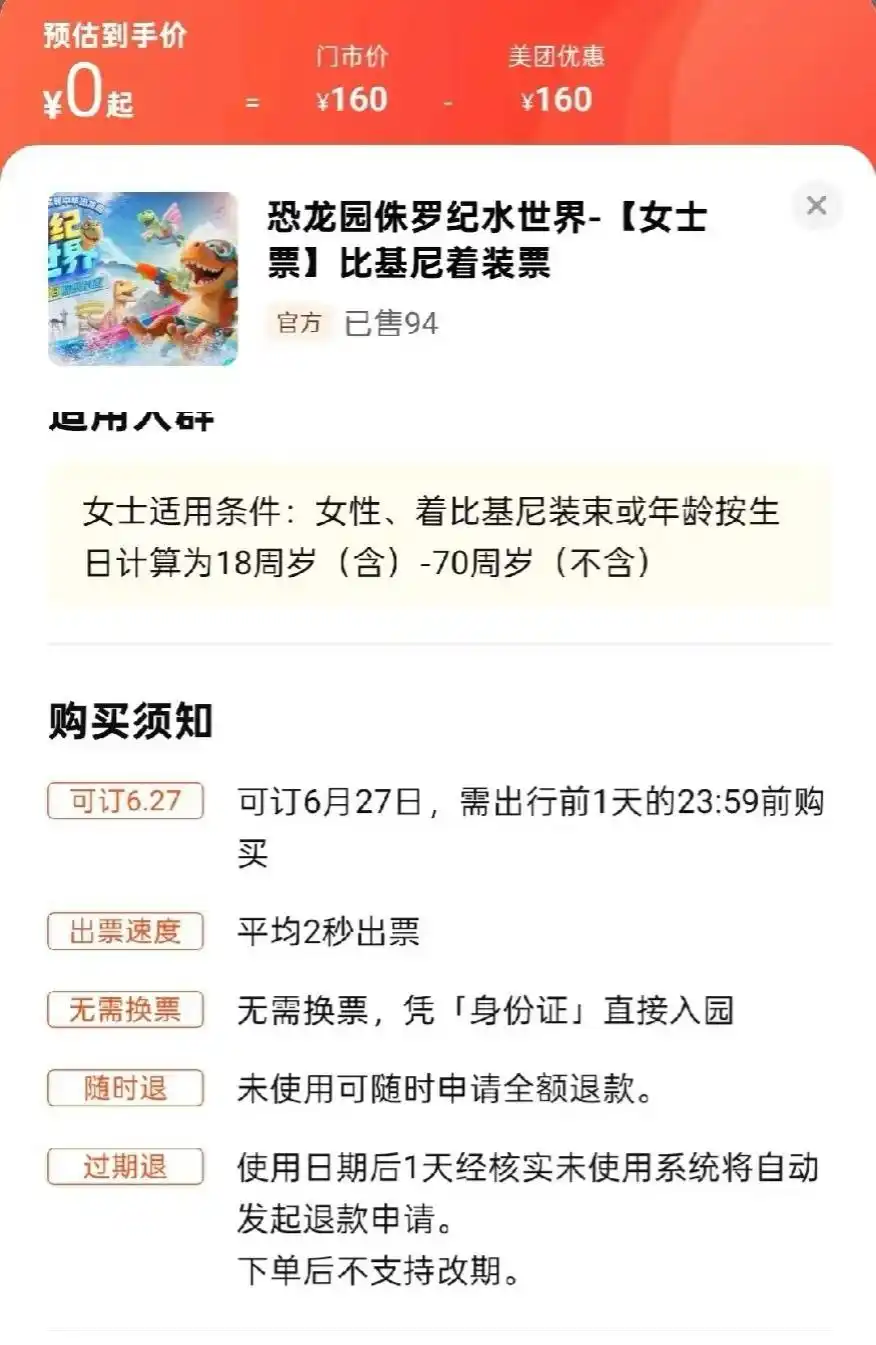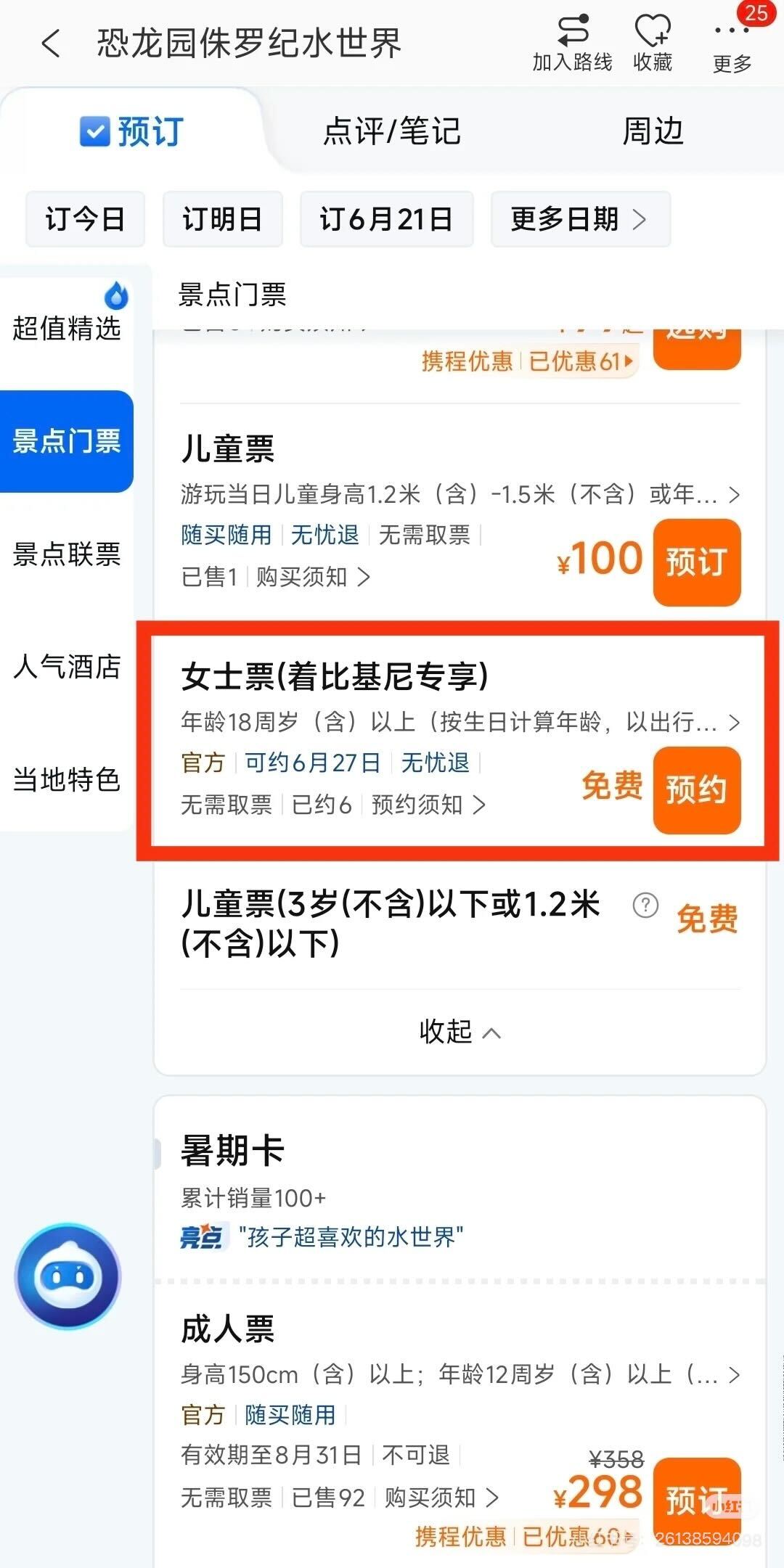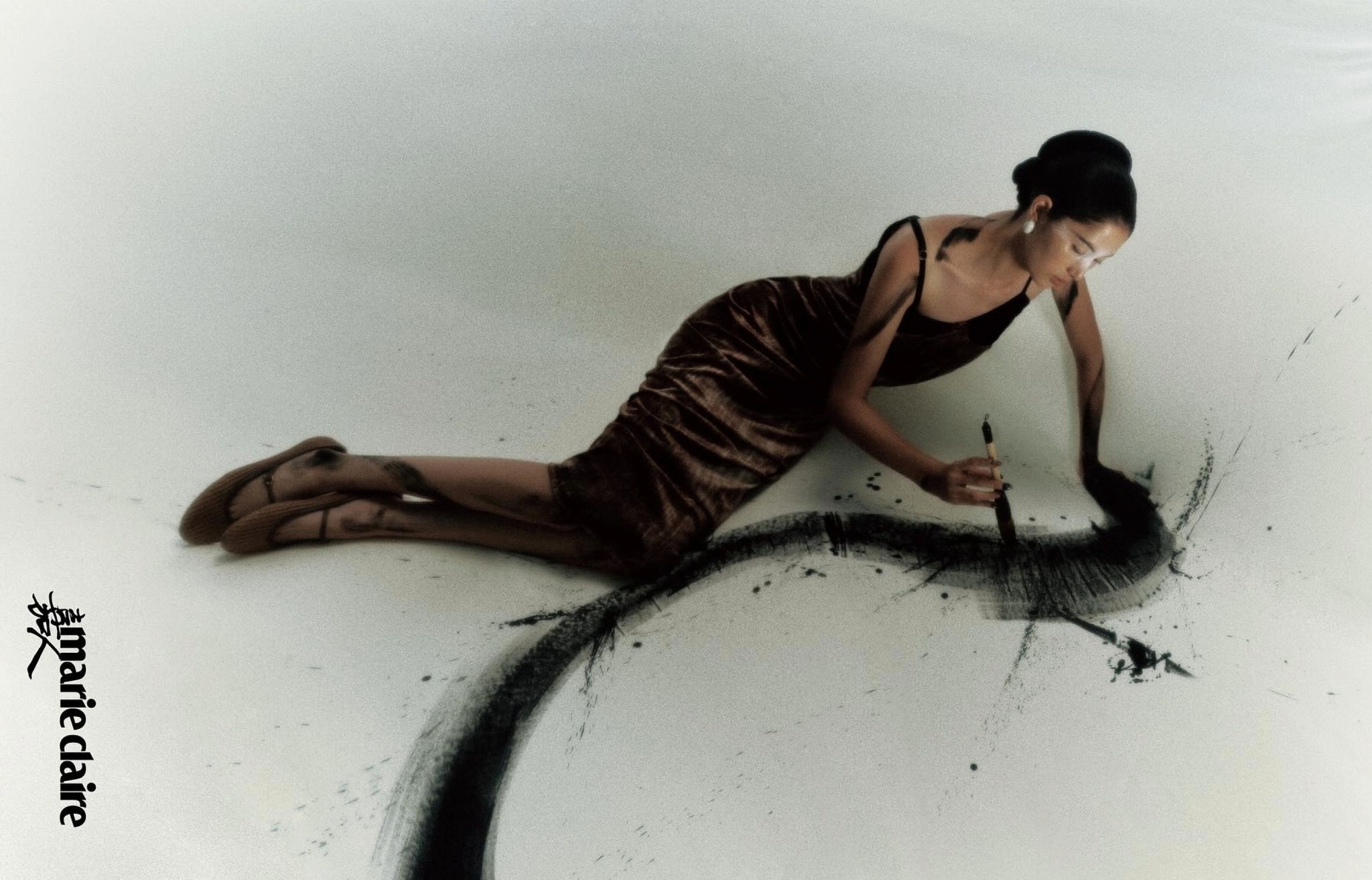Hold onto your floaties—Jurassic Water World in Changzhou, China, has reportedly stumbled into a PR quagmire with a controversial promotion allegedly offering free entry—to women in bikinis. While the claim has yet to be verified, the story has stirred discussions about marketing ethics, painting a picture of a tone-deaf campaign that could expose deeper issues of sexism and corporate responsibility in the leisure industry.

The supposed promotion, rumored to have been deleted from the park’s channels, is said to have provoked a storm of criticism for objectifying women and reducing them to mere attractions for commercial gain. If true, such a move would clash with China’s growing advocacy for gender equality, as highlighted in ongoing cultural discussions on local platforms.

Despite the lack of official documentation other than the snapshots shown above and below, the narrative raises valid concerns. If Jurassic Water World, the waterpark within China Dinosaur Park, or similar venues did promote such a campaign, the absence of a public apology—also unverified—could fuel perceptions of insensitivity in an industry already under scrutiny for outdated marketing tactics.

This story, whether fully substantiated or not, serves as a cautionary ripple for entertainment venues everywhere: marketing missteps, real or perceived, can erode trust faster than a leaky innertube. As China’s younger consumers demand higher ethical standards, brands must tread these waters carefully or risk becoming a viral cautionary tale. While the specifics of this incident at Jurassic Water World remain unclear, the broader conversation about gender representation and corporate ethics in Asia’s leisure sector is worth diving into.
Explore more amusement parks in China with up to 20% OFF discount!

Cover image via Cupcakes & Coasters.


















